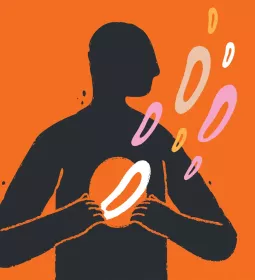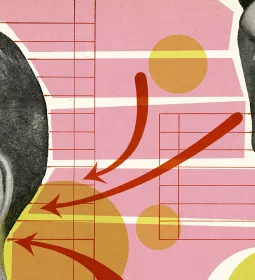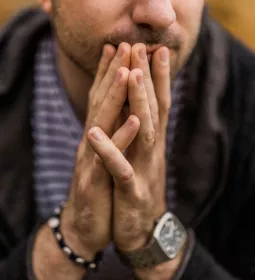I have learned that I’m not a healer. The best I can do is try to relieve someone’s stress and/or pain. Sometimes people get temporary relief, and sometimes lasting change occurs due to bodywork. As soon as I set myself up as something I’m not (like the great intuitive master of massage therapy), the universe gives me a reality check. I’m a helper—not a healer.

I have learned that I sometimes have misconceptions about clients based on the initial meeting or one session. I have perceived some clients as being too demanding, too whiny, or too attached to feeling badly. I thought they didn’t actually want to feel better.
Then I find out they’re physically and emotionally exhausted from being a full-time caregiver for their sick spouse or parents, or that their child just died from cancer, or they’ve recently been going through some other personal tragedy or challenge. These discoveries throw a different light on circumstances altogether, and we realize we don’t always know what our clients are going through and how that affects their whole being.
As soon as I set myself up as something I’m not (like the great intuitive master of massage therapy), the universe gives me a reality check. I’m a helper—not a healer.
I have learned to listen more and speak less (a difficulty for those of us who like to talk). I have also learned that some clients need social interaction as much as they need the massage. This may be especially true of the elder who has recently lost a spouse and no longer has someone to talk to every day, or the stay-at-home parent who just needs some adult communication. Don’t judge. Take the lead from the client. If they need to talk, let them. Listen and respond when appropriate, and don’t insist on a silent massage if it’s obvious they want to talk.
I have also learned it’s possible to have a conversation with clients, be compassionate, and refrain from giving them advice—especially if that advice is not within scope of practice. If the client asks a direct question, there’s nothing wrong in saying, “I’m really not qualified to answer that. You should ask your doctor,” or “I’m flattered you would ask, but I always refrain from giving clients advice about their personal lives.”
I have learned that the best lesson is in the doing, by being client-centered and compassionate while still maintaining professional boundaries. That, and keeping our ego out of the treatment room.








